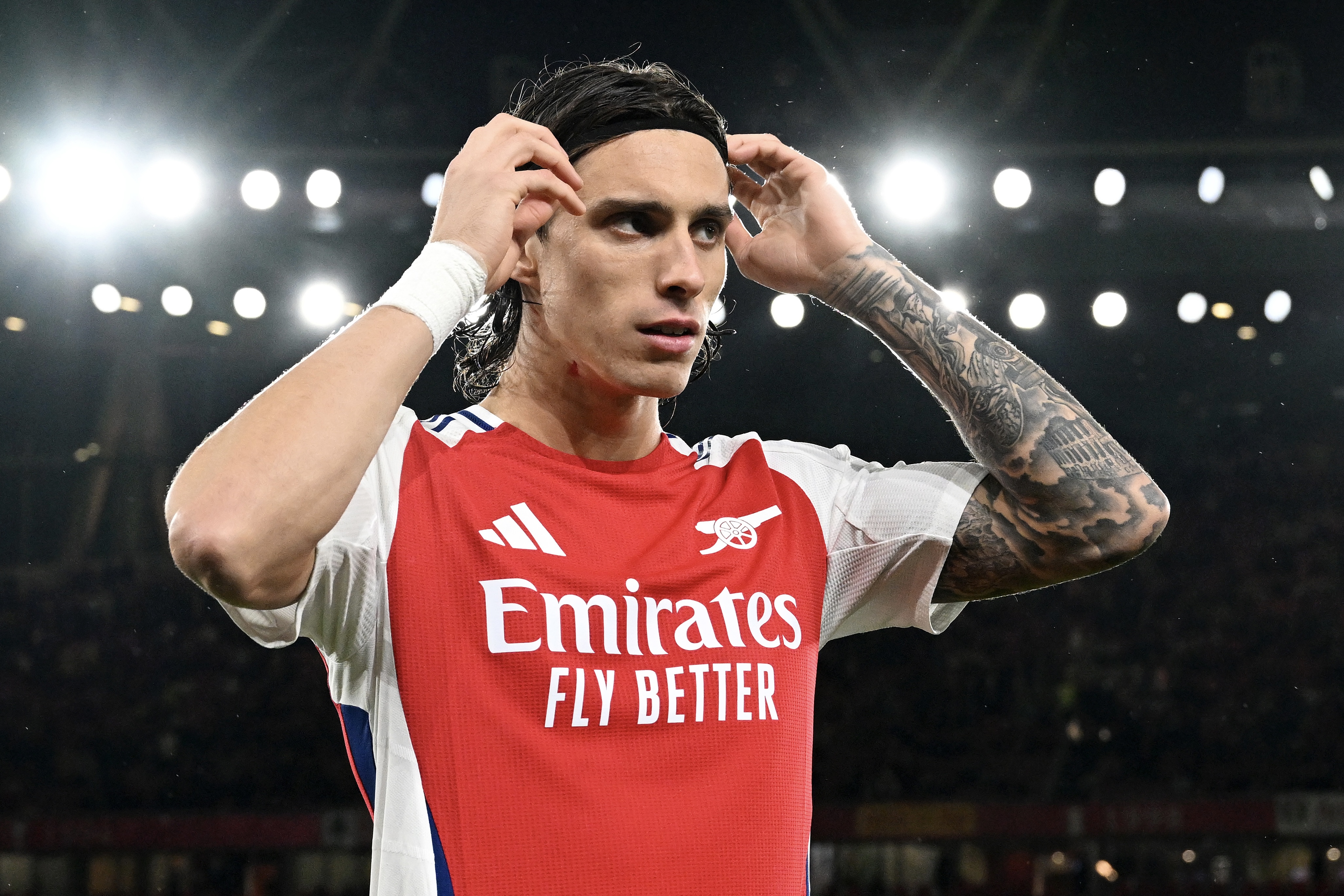The Premier League announced last week that it will end its 20-year relationship with media production company IMG before the 2026/27 season.All 20 clubs voted in favour of the top-flight establishing its own in-house media operation to replace IMG, who have produced and broadcasted Premier League matches and other content to over 180 countries worldwide.
There's long been talk of a direct-to-consumer streaming platform dubbed ‘Premflix’ owned by the Premier League. The league's decision to go in-house with their production looks like the first step towards having full control of its content and making that idea a reality.
The concept is that all games would be shown on an app via subscription similar to the NBA’s League Pass and the NFL’s Game Pass. This would also follow the Serie A and the Bundesliga in managing the production of their respective leagues in-house too.
In theory, it makes a lot of financial sense for the Premier League to produce and release its own content under its own roof. On an international scale, it cuts out the middle man and allows the league to have more of a say in how games are covered and potentially open the door to new formats like a league-wide docu-series.
But in practice, it could prove tricky to pull off. Over the next two years, the league will have to invest millions to replace the scale of IMG’s media operations from scratch with their own talent, studios and equipment. The league is broadcast to over 800 million homes through more than 90 broadcasters. That is a lot of ground to inherit.
There are also domestic broadcasters to consider. In December 2023, Sky Sports and TNT Sports signed a four-year live TV rights deal with the Premier League that will run from 2025/26 to 2028/29. This suggests any direct-to-consumer platform would most likely supplement Sky and TNT’s offering in the UK, rather than replace it outright in the short-term.
But beyond these risks is an opportunity for the Premier League to establish itself as a certified media company rather than just the head of the table. Their split from IMG gives them the chance to be more flexible with their product and tailor their output on their own terms to extract more revenue.
Football fans tend not to like change. But if the Premier League can offer a fun, affordable and interactive viewing experience to their millions of fans, this could be a win.


.svg)













.jpg)




















%202.jpg)


%20copy-2.jpg)






%202.jpg)



































.jpg)

.jpg)



.png)


.jpg)

.jpg)
.jpg)

.jpg)















%20(2).jpg)





























































































